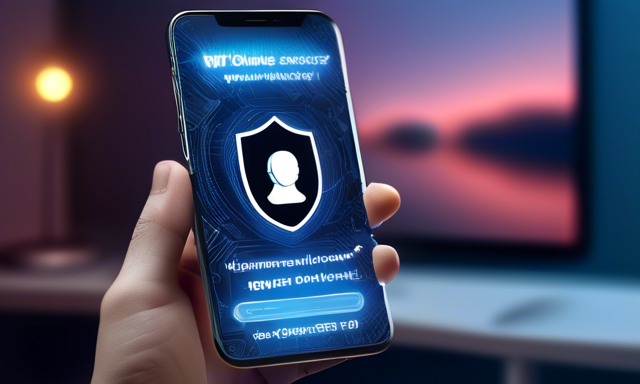Understanding Virtual Private Networks (VPNs) 🌐
As a crypto enthusiast, you value privacy and security in your online activities. One important tool that many in the crypto space use to protect their privacy is a Virtual Private Network, or VPN. Let’s delve into what VPNs are and how they work.
What are VPNs? 🛡️
- A VPN creates a secure and encrypted connection over a less secure network.
- It acts as an intermediary between your computer and the internet.
- VPNs can mask your IP address, providing an additional layer of privacy.
How do VPNs work? 🔒
- VPNs use encryption, tunneling, and IP masking to secure your data.
- Encryption scrambles your data, making it difficult for hackers to interpret.
- Tunneling protects your information from potential threats by using a private road analogy.
- IP masking hides your real IP address and replaces it with a fake one.
Why hide your IP address? 🕵️
- Your IP address reveals sensitive information about your online activities.
- VPNs help protect against cyberattacks like DDoS and man-in-the-middle attacks.
- By hiding your IP address, you can prevent tracking and targeted advertising.
Benefits of using a VPN 🛡️
- VPNs enhance privacy and control over your online presence.
- They make it challenging for hackers to target your device on public WiFi networks.
- Using a VPN ensures your data is secure and not accessed by unwanted third parties.
Who uses VPNs? 🧑💻
- Initially created for remote workers, VPNs are now widely used for privacy enhancement.
- Consumers use VPNs to access geolocked content or bypass country restrictions.
- Crypto enthusiasts leverage VPNs to circumvent local regulations on crypto trading.
Exploring Decentralized VPNs 🌐
If you are considering a more advanced privacy solution, decentralized VPNs provide an interesting option:
- Decentralized VPNs rely on a network of nodes run by users.
- They offer greater censorship resistance and data privacy compared to centralized VPNs.
- Decentralized VPNs distribute user data across multiple nodes, enhancing security.
- While less user-friendly, decentralized VPNs are more secure and resistant to attacks.
- Examples of decentralized VPNs include Hopr Network, Deeper Network, and Orchid.
Hot Take: Embrace Online Privacy with VPNs! 🚀
Enhance your online security and privacy by incorporating a VPN into your digital routine. From securing your crypto transactions to protecting your personal data, VPNs offer a valuable layer of protection in today’s interconnected world. Stay safe, stay private!





 By
By
 By
By
 By
By
 By
By
 By
By
 By
By